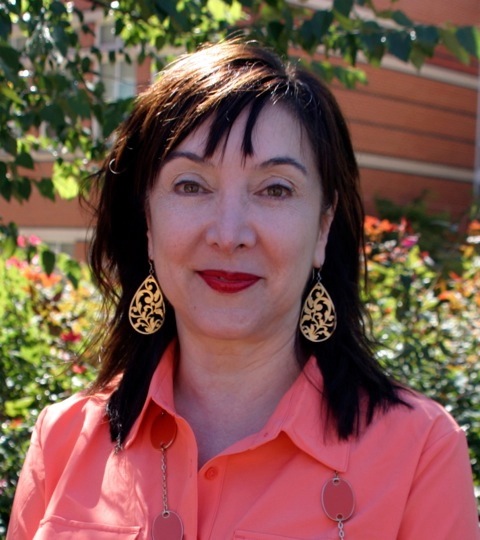Tag Archives: Cognitive Neuropsychology
My Journey as a Science of Learning Scientist, the co-Founder of Educational Neuroscience, and a Former Dean of Education
[date]8th January 2015[/date]
[time]2:15pm – 3:30 pm[/time]
[venue]MW408A-409A-410A, 4/F., Meng Wah Complex, HKU[/venue]
[speaker]Prof. Laura-Ann PETITTO,
Sin Wai-Kin Distinguished Visiting Professor in the Humanities, The University of Hong Kong,
Full Professor, Department of Psychology, Gallaudet University, Washington, D.C. USA[/speaker]
This seminar is supported by Sin Wai-Kin Distinguished Visiting Professorship in the Humanities.
About the speaker
Professor/Dr. Laura-Ann Petitto
Co-Principal Investigator, and, Science Director of the
National Science Foundation, Science of Learning Center,
Visual Language and Visual Learning (VL2).Scientific Director: Brain and Language Laboratory for Neuroimaging (BL2)
Full Professor: Department of Psychology, Gallaudet University
Affiliated Full Professor: Department of Psychology, Georgetown University
Washington, D.C. USA
Web page: http://www.gallaudet.edu/petitto.html
Professor Laura-Ann Petitto, a Cognitive Neuroscientist, is the Co-Principal Investigator, and Science Director, of the USA’s National Science Foundation’s Science of Learning Center, “Visual Language and Visual Learning, VL2” at Gallaudet University. She is also a Full Professor in the Department of Psychology at Gallaudet, an affiliated Full Professor in the Department of Psychology at Georgetown University, and the Scientific Director of her own Brain and Language Laboratory for Neuroimaging. Petitto is known for her role in the creation of the new discipline Educational Neuroscience, and she is one of the Co-Founders as well as Chair of the Steering Committee of the PhD in Educational Neuroscience program at Gallaudet University—the first program of its kind to be created in the United States. Petitto is renowned for her scientific discoveries concerning language and its neural representation in the human brain, how young children acquire language, the shared signed and spoken language processing sites and systems in the human brain, the Bilingual Brain (including sign and spoken bilinguals), and the Reading Brain (including how young signing children use a Visual Sign Phonology en route to deriving meaning from print). Petitto received her Masters Degree in 1981 and Doctoral Degree in 1984 from Harvard University’s Graduate School of Education, Department of Human Development and Psychology (“Psycholinguistics, Language and Cognition Track”). Petitto has won continuous Federal and/or Foundation funding for the past 30 years. She is the recipient of over 35 international prizes and awards for her scientific achievements and discoveries, including the 1998 Guggenheim Award for her “unusually distinguished achievements in the past and exceptional promise for future accomplishment in the Neurosciences.” In 2009, Petitto was appointed a Fellow of the American Association for the Advancement of Science, and a Fellow of the Association for Psychological Science (APS). See http://www.gallaudet.edu/petitto.html
Linking diagnostics and rehabilitation in cognitive neuropsychology
[date]January 13, 2014[/date]
[time]9:30-12:30[/time]
[venue]Room 820, Meng Wah Building, The University of Hong Kong[/venue]
[speaker]Professor Glyn Humphreys, Oxford University[/speaker]
This workshop is part of Winter Institute 2014.
Description
In this workshop I will review work we have undertaken in the Oxford Cognitive Neuropsychology Laboratory linked to improving the diagnostic assessment of individuals with brain injury and then linking these diagnostics to new rehabilitation methods. We aim to improve diagnostics by targeting assessment at key problems associated with the particular disorders and using both clinically applicable and sensitive measures, taking advantage of modern technology. The assessments are also designed to lead into rehabilitation – separating out ‘domain specific’ problems in cognition from ‘domain general’ deficits that affect several cognitive processes. These approaches to assessment and rehabilitation are taken from cases of acquired brain injury but apply more generally to include developmental cases too.
[post slug="winter-institute-2014" subtitle="Related to"]



